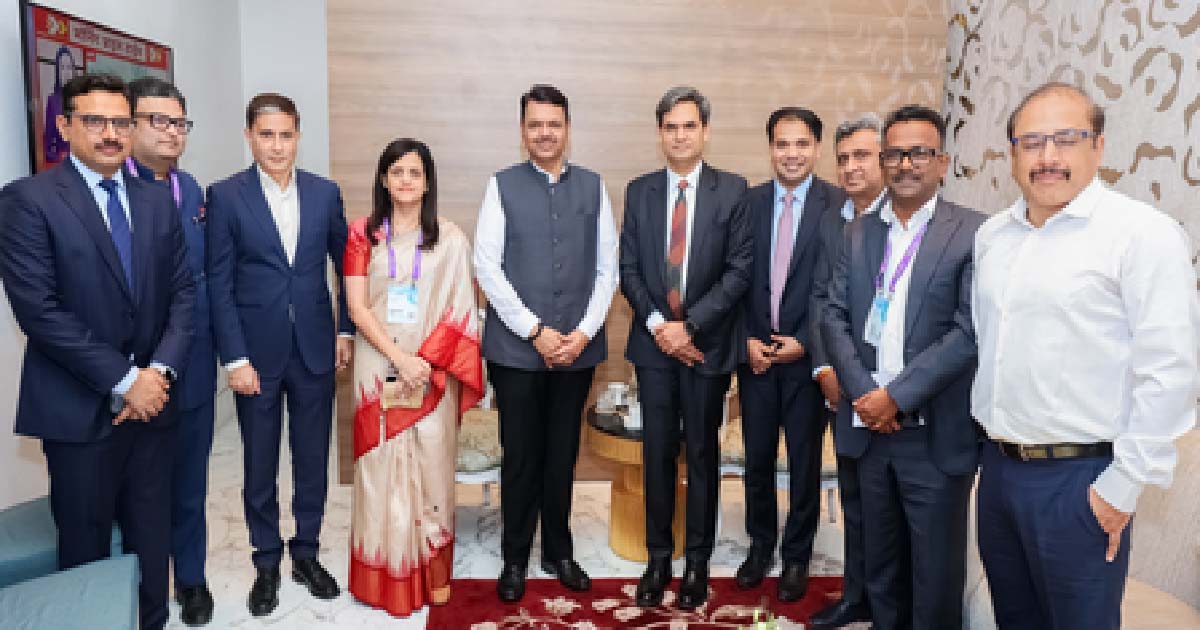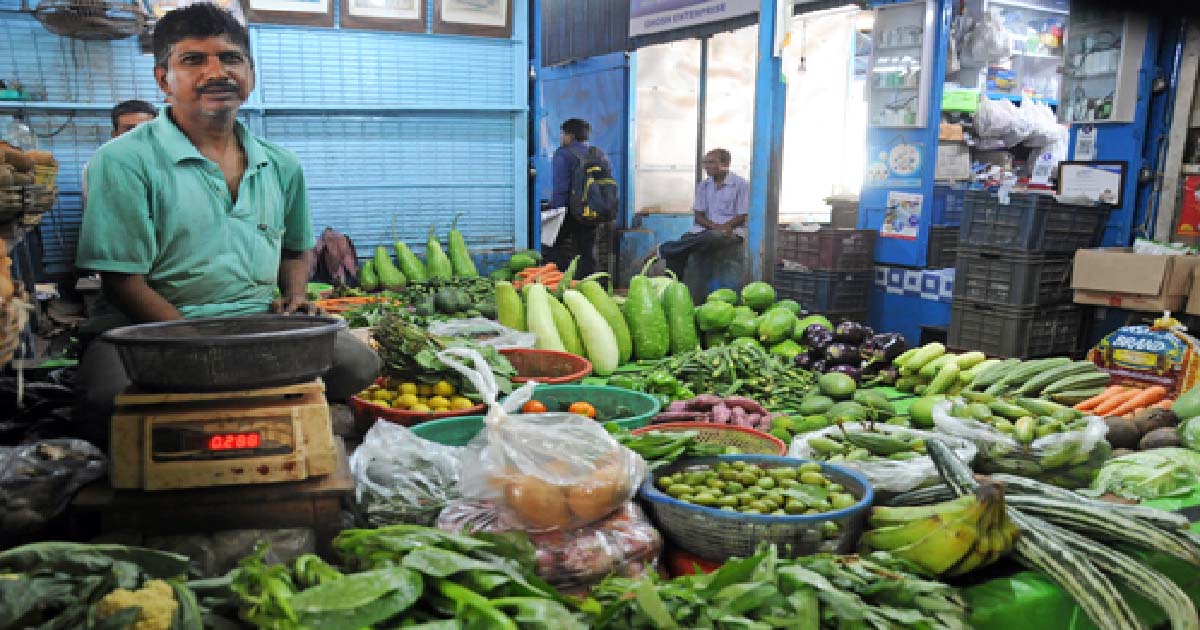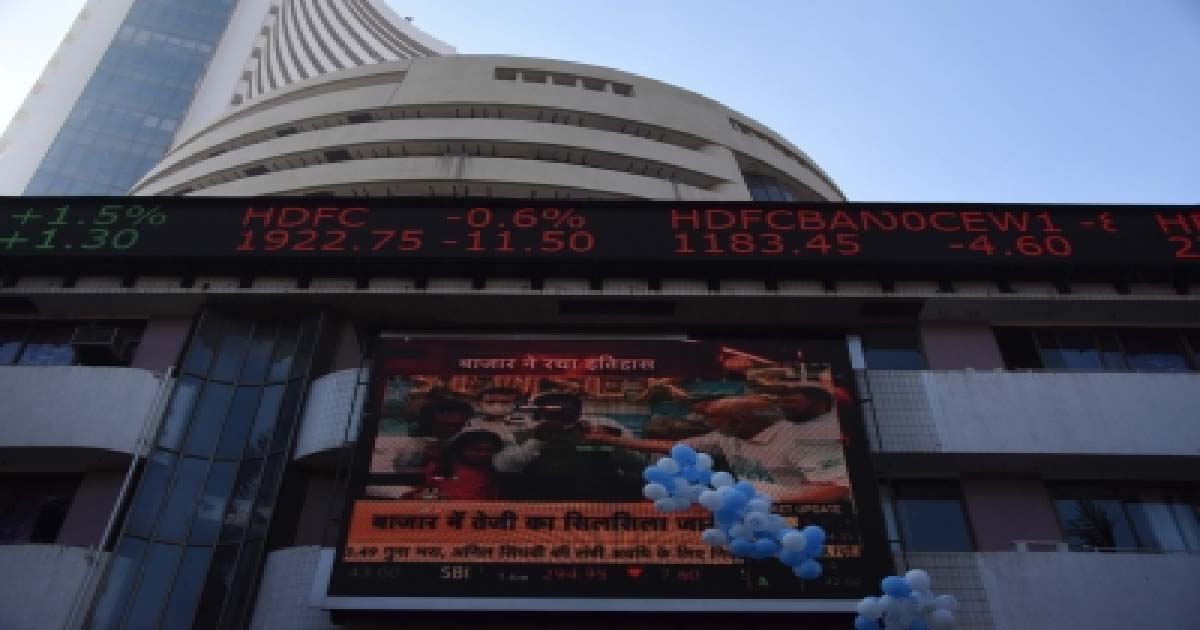Business
Industry bodies urge RBI to extend card tokenisation deadline
The Merchant Payments Alliance of India (MPAI) and the Alliance of Digital India Foundation (ADIF) on Wednesday urged the Reserve Bank of India (RBI) to extend the card-on-file (CoF) tokenisation deadline of December 31 for merchants.
Citing several operational challenges that will hinder the transition to the token-based payments ecosystem, the industry bodies voiced their concerns over industry readiness on the RBI directive on card-on-file tokenization.
MPAI and ADIF said that ‘ecosystem readiness’ is a sequential process of going live with stable API (application programming interface) documentation for tokenised transactions.
The digital payments ecosystem is a long way from consumer-ready solutions and unless regulated entities are compliant, merchants will not be able to successfully process tokenised transactions, they said in the joint letter.
“In the scenario that banks are lax on preparedness, the brunt of that will be borne by merchants in the form of loss of revenue – we are looking at revenues losses of anywhere between 20-40 per cent at the minimum should that be the case,” said Sijo Kuruvilla George, Executive Director, ADIF.
The RBI in September prohibited merchants from storing customer card details on their servers with effect from January 01, 2022, and mandated the adoption of CoF tokenization as an alternative to card storage.
The industry bodies said that if implemented in the present state of readiness, the new RBI mandate could cause major disruptions and loss of revenue, especially for merchants.
“This unpreparedness will impact recent digital payments adopters even deeply. The frequency and intensity of phishing attempts will go as entire card details are to be entered for each transaction, causing a significant increase in irreversible fraudulent transactions,” said Vishal Mehta, Chair of Governing Council, MPAI.
Based on the set of guidelines that have been mandated by the RBI, sensitive customer information is to be stored in the form of an encrypted ‘token’ to help secure transactions.
These tokens then allow payments to be processed without disclosing the customer details or allowing the payment intermediaries to store customer data that could breach security and privacy.
Business
Maharashtra on path to becoming GCC hub: CM Fadnavis

Nagpur, Dec 12: Chief Minister Devendra Fadnavis on Friday announced that a crucial milestone has been achieved in the journey to establish Maharashtra as a GCC (Global Capability Centre) Hub.
He said that the Brookfield company is set to build Asia’s largest Global Capability Centre (GCC) in Mumbai, spanning approximately 2 million square feet.
The Chief Minister said that this project is expected to generate a total of 45,000 jobs, including 15,000 direct and 30,000 indirect jobs.
He stated that due to the state’s talent pool, infrastructure, and industry-friendly environment, Maharashtra is becoming a preferred destination for Global Capability Centres.
“The new GCC policy will lead to large-scale skill-based job creation and economic growth,” he added.
He also mentioned that FedEx, a global leader in the logistics sector, is keen to invest in its GCC and other operations near the Mumbai-Navi Mumbai airport area, said the government release.
The Chief Minister informed that he requested Microsoft to consider Maharashtra for their investments, noting that their largest existing investment is already in the state.
He expressed confidence that Microsoft will make a major investment in the future and take the lead in making Maharashtra an Artificial Intelligence (AI) centre.
The Chief Minister said that Maharashtra’s model for crime control with the help of Artificial Intelligence is a guiding light for the entire country.
Chief Minister Fadnavis confirmed that Microsoft has assured priority to Maharashtra in their largest ever investment in India, amounting to $17 billion.
He further highlighted the ‘Marble’ platform developed by Maharashtra, which helps detect cyber and financial crimes in just 24 hours instead of 3-4 months.
He said that this has resulted in saving people’s money and has expedited the process of tracking criminals.
Business
India’s CPI inflation estimated at 0.71 pc for Nov, food inflation stays in negative zone

New Delhi, Dec 12: India’s year-on-year inflation rate, based on the Consumer Price Index (CPI), was estimated at 0.71 per cent for November this year which was marginally higher than the 0.25 per cent in October, according to figures released by the Ministry of Statistics on Friday.
Food inflation stayed in the negative zone during November at (-) 3.91 per cent as prices of food goods fell compared to the same month of the previous year. Food inflation has now stayed negative for the sixth month in a row, easing the burden on household budgets.
However, the increase in headline inflation during November 2025 is mainly attributed to an increase in the inflation of vegetables, eggs, meat and fish, spices, and fuels compared to October, according to an official statement.
The retail inflation had eased further in October, after having plummeted to an over 8-year low of 1.54 per cent in September, as prices of food items and goods across sectors fell during the month.
The declining trend in food prices continued in October as food inflation fell deeper in the negative zone at (-) 5.02 per cent from (-) 2.28 per cent in September.
However, the overall outlook for inflation remains benign.
The RBI’s monetary policy committee (MPC) last week slashed its forecast for India’s inflation rate for the financial year 2025-26 to 2 per cent from 2.6 per cent predicted in October due to the sharp decline in food prices and the GST rate cuts playing out.
RBI Governor Sanjay Malhotra announced a reduction in the repo rate by 25 basis points to 5.25 per cent from 5.5 per cent earlier, as inflation had come down and the monetary policy could focus on boosting growth.
Malhotra said that the surge in economic growth to 8.2 per cent in the second quarter of the current financial year and the sharp decline in inflation to 1.7 per cent had provided a rare “Goldilocks period” for the Indian economy.
“The MPC noted that headline inflation has eased significantly and is likely to be softer than the earlier projections, primarily on account of the exceptionally benign food prices. Reflecting these favourable conditions, the projections for average headline inflation in 2025-26 and Q1:2026-27 have been further revised downwards.”
Malhotra also pointed out that core inflation (which excludes food and fuel) remained largely contained in September-October, despite continued price pressures exerted by precious metals. Excluding gold, core inflation moderated to 2.6 per cent in October. Overall, the decline in inflation has become more generalised, he added.
The RBI Governor observed that food supply prospects have improved on the back of higher kharif production, healthy rabi sowing, adequate reservoir levels and conducive soil moisture. Barring some metals, international commodity prices are likely to moderate going forward.
Business
Sensex, Nifty extend gains as metal stocks rally

Mumbai, Dec 12: Indian stock markets gained for the second straight session on Friday, supported by a strong global rally and heavy buying in metal stocks.
Sentiment also improved after Prime Minister Narendra Modi spoke with US President Donald Trump on Thursday to discuss strengthening economic ties, as both countries continue working toward a trade agreement.
At the closing bell, the Sensex had risen 449.53 points, or 0.53 per cent, to 85,267.66.
The Nifty also moved higher, adding 148.40 points, or 0.57 per cent, to trade at 26,046.95.
“In the near term, the trend is likely to remain constructive as long as the index holds above 25,900, which is expected to serve as a key support level,” experts said.
“On the higher side, the index may move towards 26,300 in the short term,” they added.
Several major stocks led the gains on the Nifty, including Tata Steel, Eternal, UltraTech Cement, L&T, Maruti Suzuki, Bharti Airtel, Adani Ports, Axis Bank and Bajaj Finance.
However, some stocks came under pressure due to profit booking. HUL, Sun Pharma, Asian Paints, ITC, Power Grid and HCL Tech were among the top losers.
In the broader markets, the Nifty MidCap index rose 1.18 per cent, while the Nifty SmallCap index advanced 0.94 per cent.
Sector-wise, the Nifty Metal index led the rally with a jump of 2.63 per cent, followed by realty, consumer durables and oil and gas. The FMCG and media sectors slipped into the red.
Meanwhile, silver prices in India continued their sharp upward trend. Silver futures crossed the historic Rs 2 lakh per kg mark for the first time on Friday, extending a rally that has pushed the metal up nearly 130 per cent so far this year.
Experts said that the combined boost from global cues, strong sectoral performance and improving geopolitical engagement helped the markets end the week on a positive note.
-

 Crime3 years ago
Crime3 years agoClass 10 student jumps to death in Jaipur
-

 Maharashtra1 year ago
Maharashtra1 year agoMumbai Local Train Update: Central Railway’s New Timetable Comes Into Effect; Check Full List Of Revised Timings & Stations
-

 Maharashtra1 year ago
Maharashtra1 year agoMumbai To Go Toll-Free Tonight! Maharashtra Govt Announces Complete Toll Waiver For Light Motor Vehicles At All 5 Entry Points Of City
-

 Maharashtra1 year ago
Maharashtra1 year agoFalse photo of Imtiaz Jaleel’s rally, exposing the fooling conspiracy
-

 National News1 year ago
National News1 year agoMinistry of Railways rolls out Special Drive 4.0 with focus on digitisation, cleanliness, inclusiveness and grievance redressal
-

 Maharashtra1 year ago
Maharashtra1 year agoMaharashtra Elections 2024: Mumbai Metro & BEST Services Extended Till Midnight On Voting Day
-

 National News1 year ago
National News1 year agoJ&K: 4 Jawans Killed, 28 Injured After Bus Carrying BSF Personnel For Poll Duty Falls Into Gorge In Budgam; Terrifying Visuals Surface
-

 Crime1 year ago
Crime1 year agoBaba Siddique Murder: Mumbai Police Unable To Get Lawrence Bishnoi Custody Due To Home Ministry Order, Says Report












